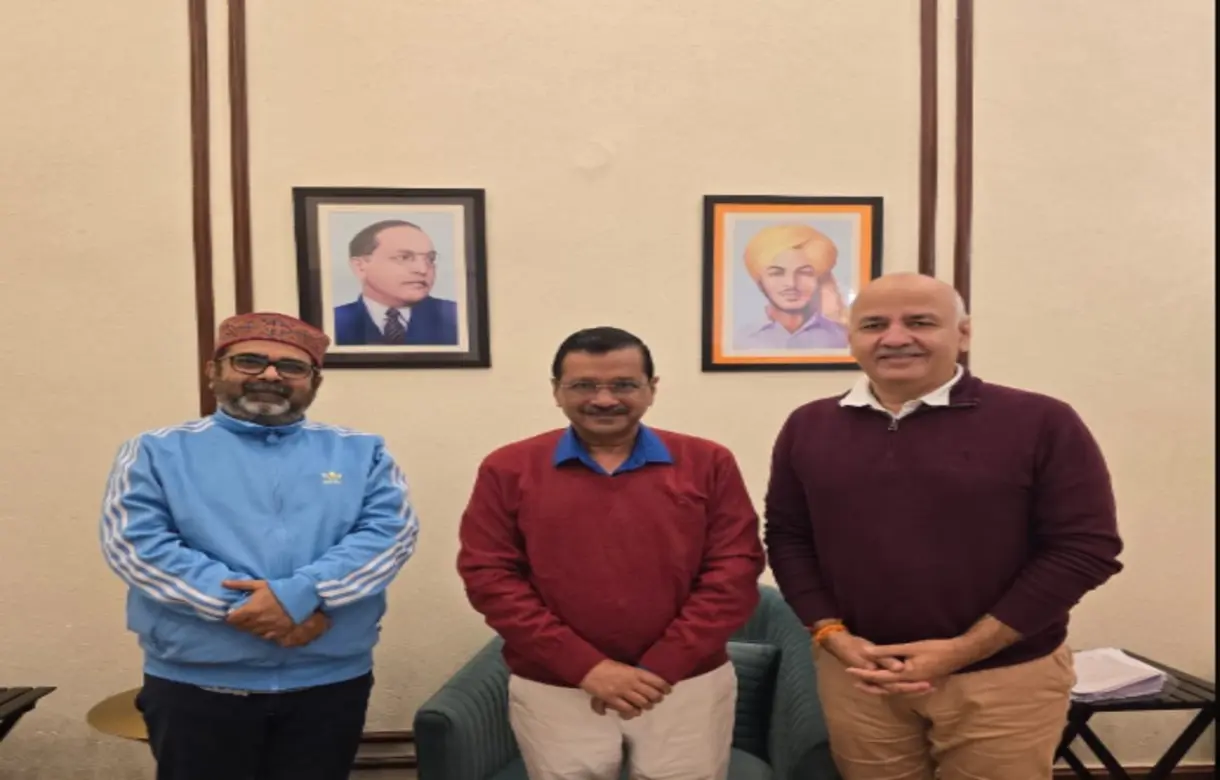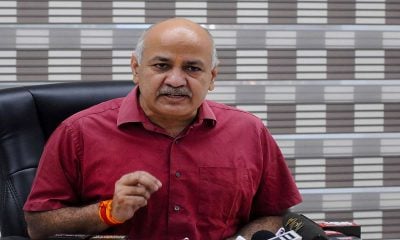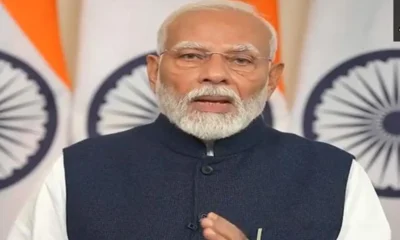The AAP announced its second list of candidates for the Delhi Assembly elections scheduled to be held in February. The incumbent MLA from Patparganj, Manish Sisodia has been moved to Jangpura, while the new inductee Avadh Ojha will contest from the former Delhi Minister’s constituency.
Manish Sisodia was first elected to the Patparganj seat, which is part of the East Delhi Lok Sabha constituency, in the December 2013 Delhi Assembly election, after defeating his BJP rival Nakul Bhardwaj. Furthermore, in the February 2015 elections, Sisodia defeated the BJP’s Vinod Kumar Binny and in the last 2020 elections, he emerged victorious against the saffron party’s Ravinder Singh Negi.
According to the candidates list, 18 of the total 20 seats have new faces, including Ojha, a renowned UPSC coach and educator who joined the AAP on December 2. Avadh Ojha originally hails from Gonda, Uttar Pradesh.
Reportedly, the decision to field Avadh Ojha from Patparganj was on the basis of the changed demography of the seat with a focus on the Purvanchali community, which makes up roughly 42 per cent of the city’s electorate.
Notably, this community has the power to sway results in nearly half of Delhi’s 70 Assembly constituencies, including major areas like Burari, Laxmi Nagar, and Dwarka. The Purvanchal region includes the eastern end of Uttar Pradesh and the western end of Bihar.
Other names on the list include Mukesh Goel, sitting councillor and AAP’s key strategist in the Municipal Corporation of Delhi, from Adarsh Nagar; and Punardeep Singh Sawhney, son of sitting MLA Parlad Singh Sawhney, from Chandni Chowk.
In addition, the list also includes Jintender Singh Shunty (Shahdara) and Surinder Pal Singh Bittu (Timarpur), who recently quit the BJP to join the AAP.
Jitender Singh Shunty replaces sitting MLA and Speaker in the outgoing Assembly Ram Niwas Goel, and Surinder Pal Singh Bittu has been fielded in place of Dilip Pandey, AAP’s chief whip in the House.
Earlier, the AAP unveiled the first list of 11 candidates, which featured six leaders who recently joined the party from BJP and Congress. Notably, former BJP leaders Brahm Singh Tanwar, Anil Jha, and BB Tyagi, along with ex-Congress leaders Chaudhry Zubair Ahmad, Veer Dhingan, and Sumesh Shokeen, have been given tickets to contest the upcoming polls.
























